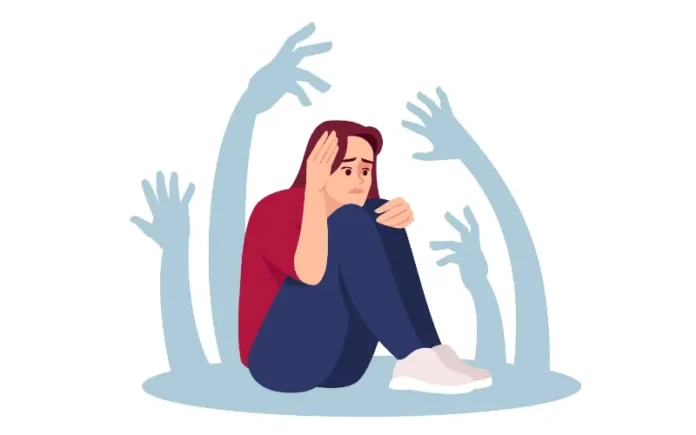In today’s fast-paced world, mental health has become a crucial aspect of overall well-being. From everyday stressors to significant life events, everyone faces challenges that can impact mental health. However, the journey towards mental health recovery is not linear, nor is it the same for everyone. It’s about embracing a process of learning, taking action, and allowing oneself to grow through the journey.
- Understanding Mental Health Recovery
Mental health recovery is a journey towards wellness, encompassing various strategies and approaches to improve mental well-being. It involves learning to manage symptoms, seeking support, and fostering resilience.
- Learning to Recognize Your Triggers
Understanding what triggers your mental health challenges is the first step towards recovery. By identifying these triggers, you can develop coping mechanisms to manage them effectively.
- Seeking Support and Guidance
Seeking support from friends, family, or professionals can provide invaluable assistance on your journey to recovery. Whether through therapy, support groups, or online resources, know that you’re not alone.
- Embracing Self-Care Practices
Self-care is essential for mental health recovery. This includes activities that promote relaxation, such as meditation, exercise, hobbies, and adequate sleep.
- Taking Action: Therapy and Treatment
Therapy and treatment options vary based on individual needs. From cognitive-behavioral therapy to medication management, taking proactive steps towards treatment is crucial for recovery.
- Building Resilience Through Challenges
Resilience is the ability to bounce back from setbacks. By building resilience through challenges, you develop the strength to overcome obstacles and thrive despite adversity.
- Cultivating Positive Relationships
Positive relationships provide support and encouragement during difficult times. Surround yourself with people who uplift and inspire you on your journey to recovery.
- Finding Meaning and Purpose
Discovering meaning and purpose in life can significantly impact mental well-being. Whether through volunteering, pursuing passions, or setting goals, find activities that give your life meaning.
- Nurturing Physical Health
Physical and mental health are interconnected. Nurturing physical health through regular exercise, balanced nutrition, and adequate rest contributes to overall well-being.
- Practicing Mindfulness and Meditation
Mindfulness and meditation techniques can help calm the mind, reduce stress, and enhance self-awareness. Incorporating these practices into your daily routine can promote mental clarity and emotional balance.
- Celebrating Progress and Milestones
Acknowledge and celebrate your progress and milestones along the journey to recovery. Each step forward, no matter how small, is a significant achievement worth recognizing.
- Embracing Setbacks as Opportunities
Setbacks are inevitable, but they also present opportunities for growth. Instead of viewing setbacks as failures, see them as learning experiences that propel you forward on your path to recovery.
- Creating a Supportive Environment
Surround yourself with a supportive environment that fosters growth and positivity. This may involve setting boundaries, eliminating negative influences, and nurturing relationships that uplift you.
- Staying Committed to Growth
Mental health recovery is an ongoing process that requires commitment to growth. Stay dedicated to self-improvement, resilience, and well-being, even when faced with challenges.
- Conclusion: Embracing the Journey
In conclusion, mental health recovery is a journey of self-discovery, growth, and resilience. By learning to recognize triggers, seeking support, and embracing self-care practices, individuals can navigate the path to recovery with confidence and hope.
FAQs
- What is mental health recovery?
Mental health recovery refers to the journey towards wellness, involving various strategies and approaches to improve mental well-being.
- How can I recognize my triggers?
Start by paying attention to patterns in your thoughts, emotions, and behaviors. Keeping a journal can help identify triggers and develop coping mechanisms.
- Is therapy necessary for mental health recovery?
Therapy can be beneficial, but the approach varies based on individual needs. Consult with a mental health professional to determine the best course of action for you.
- How can I support a loved one on their journey to mental health recovery?
Offer empathy, understanding, and encouragement. Encourage them to seek professional help if needed and provide a supportive presence throughout their journey.
- What role does resilience play in mental health recovery?
Resilience is essential for bouncing back from setbacks and adapting to challenges. By building resilience, individuals can overcome obstacles and thrive despite adversity.
